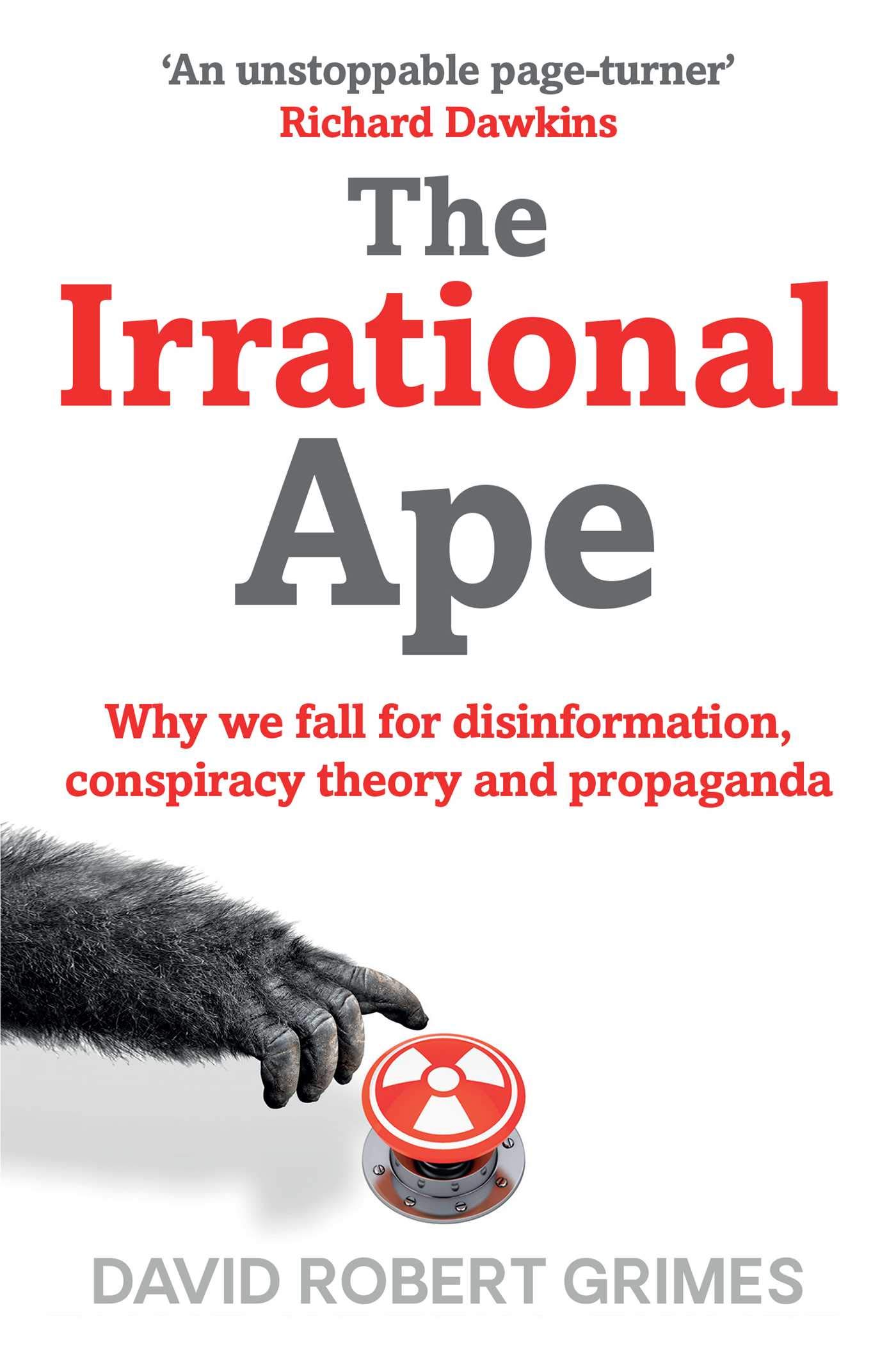
Why did revolutionary China consider the sparrow an 'animal of capitalism' - and what happened when they tried to wipe them out? With a cast of murderous popes, snake-oil salesmen and superstitious pigeons, find out why flawed logic puts us all at risk, and how critical thinking can save the world.
It may seem a big claim, but knowing how to think clearly and critically has literally helped save the world.
In September 1983, at the height of the Cold War, the Soviet Union's early warning system showed five US missiles heading towards the country.
Stanislaw Petrov knew his duty: he was to inform Moscow that nuclear war had begun, so that they could launch an immediate and devastating response.
Instead, he made a call to say the system was faulty.
He'd assessed the situation and reasoned that an error was more likely than such a limited attack.
We may not have to save the planet from nuclear annihilation, of course, but our ability to think critically has never been more important.
In a world where fake news, mistrust of experts, prejudice and ignorance all too often hold sway, we can all too easily be misled over issues such as vaccinations, climate change or conspiracy theories.
We live in an era where access to all the knowledge in the world is at our fingertips, yet that also means misinformation and falsehoods can spread further and faster than ever before.
In The Irrational Ape, David Robert Grimes shows how we can be lured into making critical mistakes or drawing false conclusions, and how to avoid such errors.
Given the power of modern science and the way that movements can unite to protest a cause via social media, we are in dangerous times.
But fortunately, we can learn from our mistakes, and by critical thinking and scientific method we can discover how to apply these techniques to everything from deciding what insurance to buy to averting global disaster.
This book, packed with fascinating case studies and examples, helps ensure we are ready for the modern world.
| Duty | He was to inform |
|---|
Simon & Schuster este o companie de editură americană care a fost fondată în 1924 de Richard L.
Simon și M.
Lincoln Schuster.
A crescut pentru a deveni una dintre marile edituri din Statele Unite.
Simon & Schuster este cunoscut pentru publicarea unei game variate de cărți, inclusiv ficțiune, non-ficțiune și literatură pentru copii.
Puncte cheie despre Simon & Schuster: 1.
Categorii de cărți: Simon & Schuster publică cărți din diverse genuri, inclusiv ficțiune literară, ficțiune populară, non-ficțiune, memorii, biografii, autoajutorare, istorie și cărți pentru copii.
Amprints: Compania are mai multe amprente, fiecare axându-se pe anumite genuri sau tipuri de cărți.
Printre amprentele notabile se numără Simon & Schuster Books for Young Readers, Scribner, Atria Books, Gallery Books și multe altele.
Autori cu cele mai bune vânzări: Simon & Schuster a publicat lucrări ale numeroșilor autori apreciați și bine vânduți, inclusiv Stephen King, Dan Brown, Doris Kearns Goodwin, Bob Woodward și mulți alții.
Literatura pentru copii: Simon & Schuster este un editor important de cărți pentru copii, variind de la cărți ilustrate la ficțiune pentru tineri.
Au publicat lucrări ale unor autori și ilustratori cunoscuți.
Editura educațională: Pe lângă cărțile de comerț, Simon & Schuster este implicat în publicarea educațională, oferind manuale și materiale de învățare pentru diferite niveluri de educație.
Acoperire globală: În timp ce se află în Statele Unite, cărțile lui Simon & Schuster sunt distribuite la nivel internațional, iar compania are o acoperire globală.
Achiziții: Simon & Schuster a fost implicat în fuziuni și achiziții de-a lungul anilor.
În special, a devenit parte a ViacomCBS, dar de la ultima mea actualizare a cunoștințelor din ianuarie 2022, au existat discuții despre compania care a fost achiziționată de Penguin Random House.